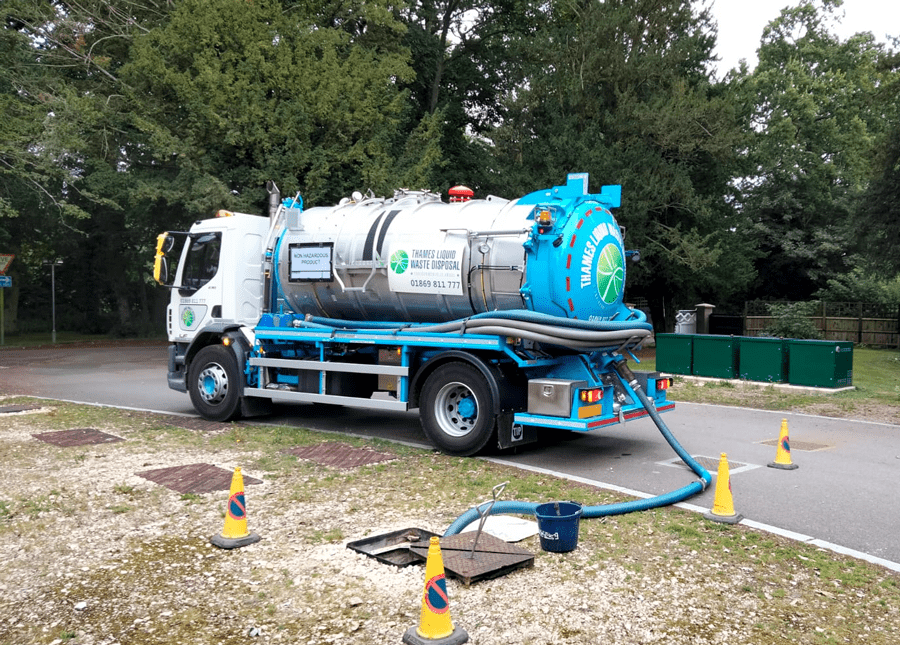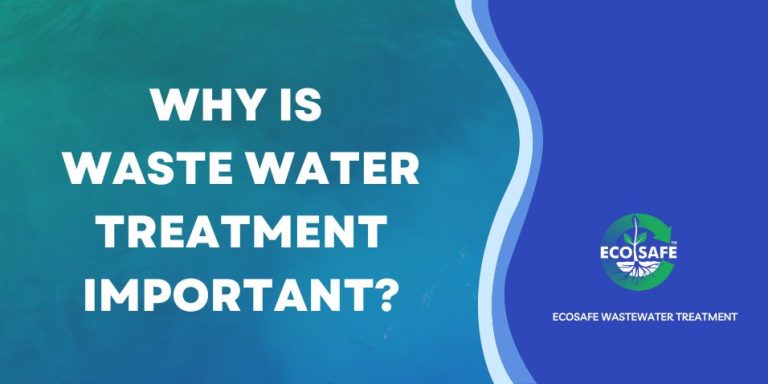Reclaim Waste Things To Know Before You Buy
Reclaim Waste Things To Know Before You Buy
Blog Article
An Unbiased View of Reclaim Waste
Table of ContentsNot known Details About Reclaim Waste What Does Reclaim Waste Mean?Reclaim Waste Things To Know Before You BuyLittle Known Facts About Reclaim Waste.The 7-Second Trick For Reclaim WasteThe Greatest Guide To Reclaim Waste

Never place harmful materials down sinks, toilets or stormwater drains pipes Substances consisting of gas, grease, oil, pesticides and herbicides, and solvents such as paint strippers need to not be put down sinks, toilets or stormwater drains. These compounds are hard to get rid of in the sewage treatment process and cause air pollution issues in our local waterways.

Liquid waste is a term that covers a broad selection of products, there's a good reason why leaving its disposal to the professionals is recommended. Fluid waste is non-solid product that has no additional usage and needs to be dealt with and gotten rid of according to local, state and federal regulations.
Facts About Reclaim Waste Revealed
Examples of liquid waste can include wastewater, fats, oils or grease, made use of oil, fluids, solids, gases or sludges and harmful home liquids, there are some that are considered to be a lot more unsafe than others when it comes to the environment and the health of pets and people alike. It's because of this that each state and territory have actually stringent policies connected to liquid waste administration.
Fluid waste can be kept in holding tanks or packaged in drums, intermediate bulk containers or authorized tiny containers prior to either being dealt with or removed via outsourced vacuum cleaner vehicles. Provided the nature of the materials, liquid waste can not go in the general waste stream and there are stringent regulations on how to throw away it appropriately.
(https://ameblo.jp/reclaimwaste1/entry-12874802223.html)Relying on a determination of the degree of risk, it might be necessary to remediate those sites. Additionally, hazardous liquid chemical wastes are regulated waste and needs to be tracked according to the state waste legislation. Under the chain of protection and responsibilities, proprietors are liable and liable for waste produced by a service.
Among the core applications for superabsorbent polymers (SAPs) is fluid waste solidification. industrial wastewater treatment. SAPs are used by waste administration specialists to avoid possibly hazardous fluids from entering rivers, groundwater aquifers, and various other delicate atmospheres. Because liquids can quickly transfer pollutants into environmental receptors and possibly add to geotechnical failings, fluid wastes are generally forbidden from disposal in garbage dumps
The Definitive Guide for Reclaim Waste
Primarily, totally free liquids are liquids that separate from the strong portion of waste material. Liquid waste can consist of the following: HDD mud and cuttings Landfill leachate Wastewater treatment sludge & biosolids Dredged debris Oil and gas drill cuttings Working out fish pond filth Hydro Excavation slurry Coal burning residuals/ash Container bottom sludge Concrete grinding/polishing slurry Related Short article: For a functional example of totally free liquids dividing from waste material, consider the following scenario: A waste monitoring professional loads a dump associate sludge from a wastewater therapy plant's aeration basin, during a regular upkeep event.
When the motorist shows up at the landfill, he notifications water leaching from the sludge and pouring from the dump vehicle. The lots was rejected by the landfill and the motorist was compelled to throw away the waste as a liquid waste at a special facility, which increased the disposal costs tremendously.
The world is sinking in rubbish and we can not pay for to be untrustworthy any longer. We need to take action and reuse whatever we can anywhere we can. We also need to be accountable for the appropriate disposal of our waste materials. It is inadequate that we pay garbage disposal business to care for our rubbish.
The 30-Second Trick For Reclaim Waste

Segregating your waste can start inside the home. Segregate completely dry and liquid waste as well as edible waste, naturally degradable and non-biodegradable products.
You can utilize old garbage container, bucket, garden pot or old plastic drums. Drill four to 5 openings in the container so the air can circulate. Layer all-time low with dirt to soak up the wet waste. Begin the composting process. Layer the compost with wet and completely dry waste along with dirt to maintain a balance in between the damp and the completely dry.
The Buzz on Reclaim Waste
Cover the garden compost bin. Once a week, add dirt on top of the compost. To promote faster disintegration, you can additionally include semi composted soil to the garden compost. Keep the compost. If you observe the odor is coming to be also strong, add added newspapers and paper waste or include more openings to the more info here garden compost bin to keep the balance of the waste products.
We likewise need to be accountable for the appropriate disposal of our waste materials. It is not enough that we pay waste disposal business to take treatment of our rubbish.
Our waste, our duty. Have you ever before questioned what takes place to your fluid waste after it's collected? Did you understand that fluid waste can be recycled? As liable people, you must comprehend what happens to your rubbish and where it goes after it is taken away from you. Recognizing the fluid waste elimination process is necessary in aiding you to segregate your waste.
Reclaim Waste for Beginners
The optimal place is a good outside space with a lot of sunlight and air. Segregate your waste. Segregating your waste can start inside the home. Segregate completely dry and liquid waste as well as edible waste, eco-friendly and non-biodegradable products. Always keep the cover on your bins to prevent bugs, worms, flies, and undesirable smells.
You can use old garbage can, container, garden pot or old plastic drums. Drill four to five holes in the container so the air can flow. Layer all-time low with soil to take in the wet waste. Begin the composting procedure. Layer the garden compost with damp and completely dry waste in addition to dirt to preserve an equilibrium in between the damp and the completely dry.
To help with faster decomposition, you can likewise include semi composted dirt to the compost. If you notice the scent is becoming as well solid, include added newspapers and paper waste or include even more openings to the garden compost container to maintain the balance of the waste products.
Report this page